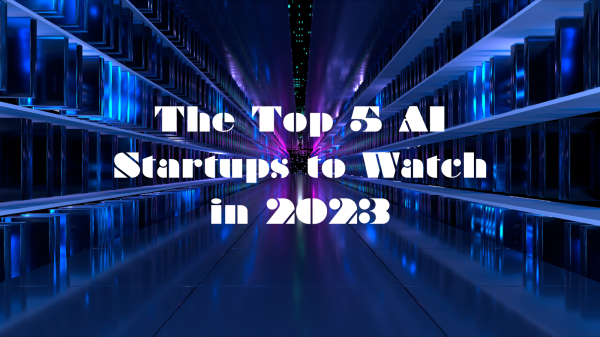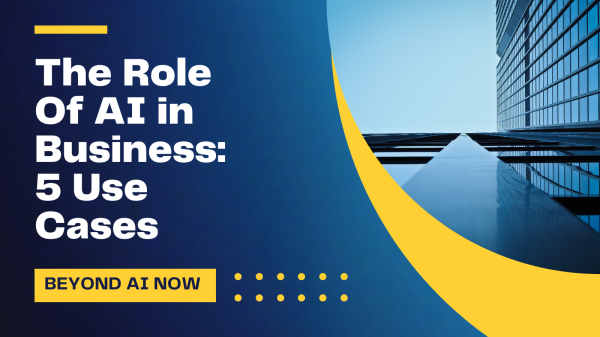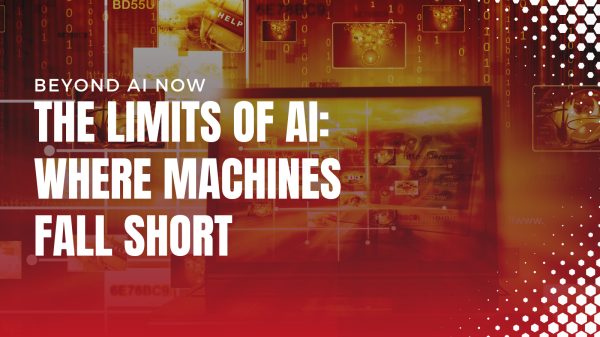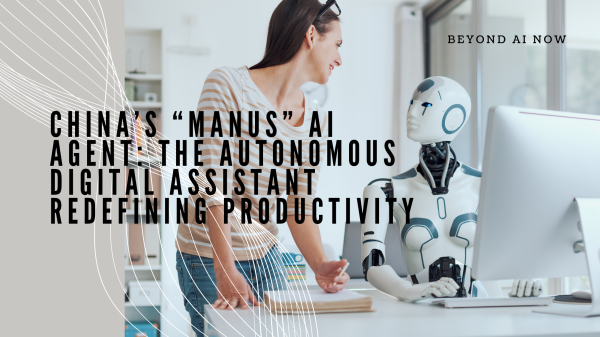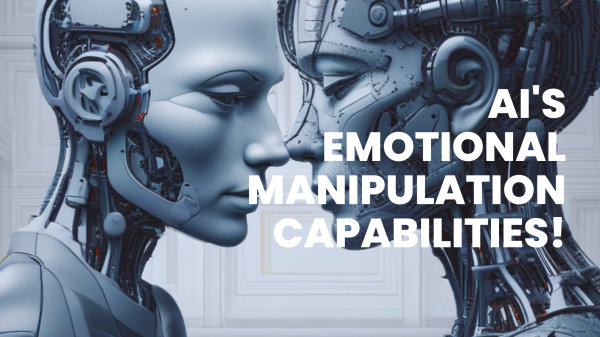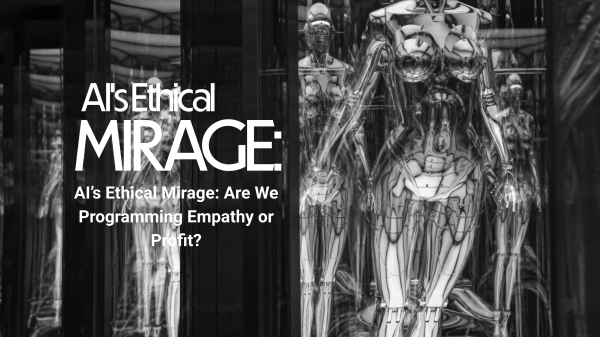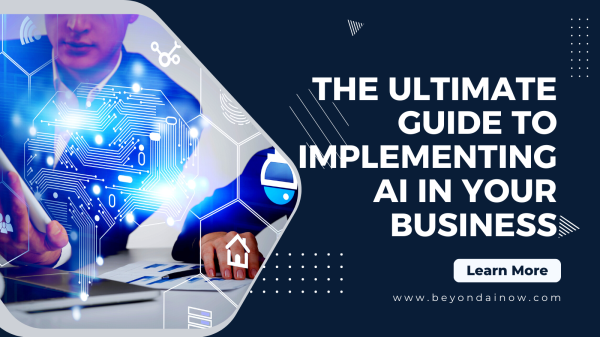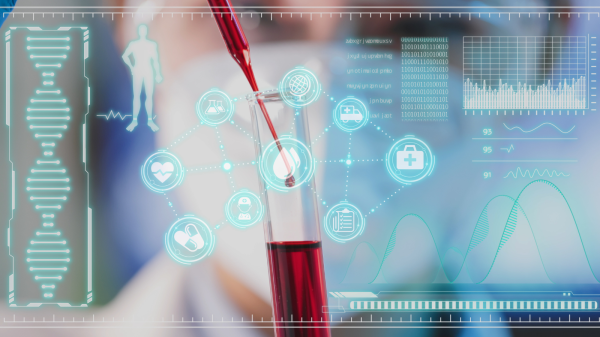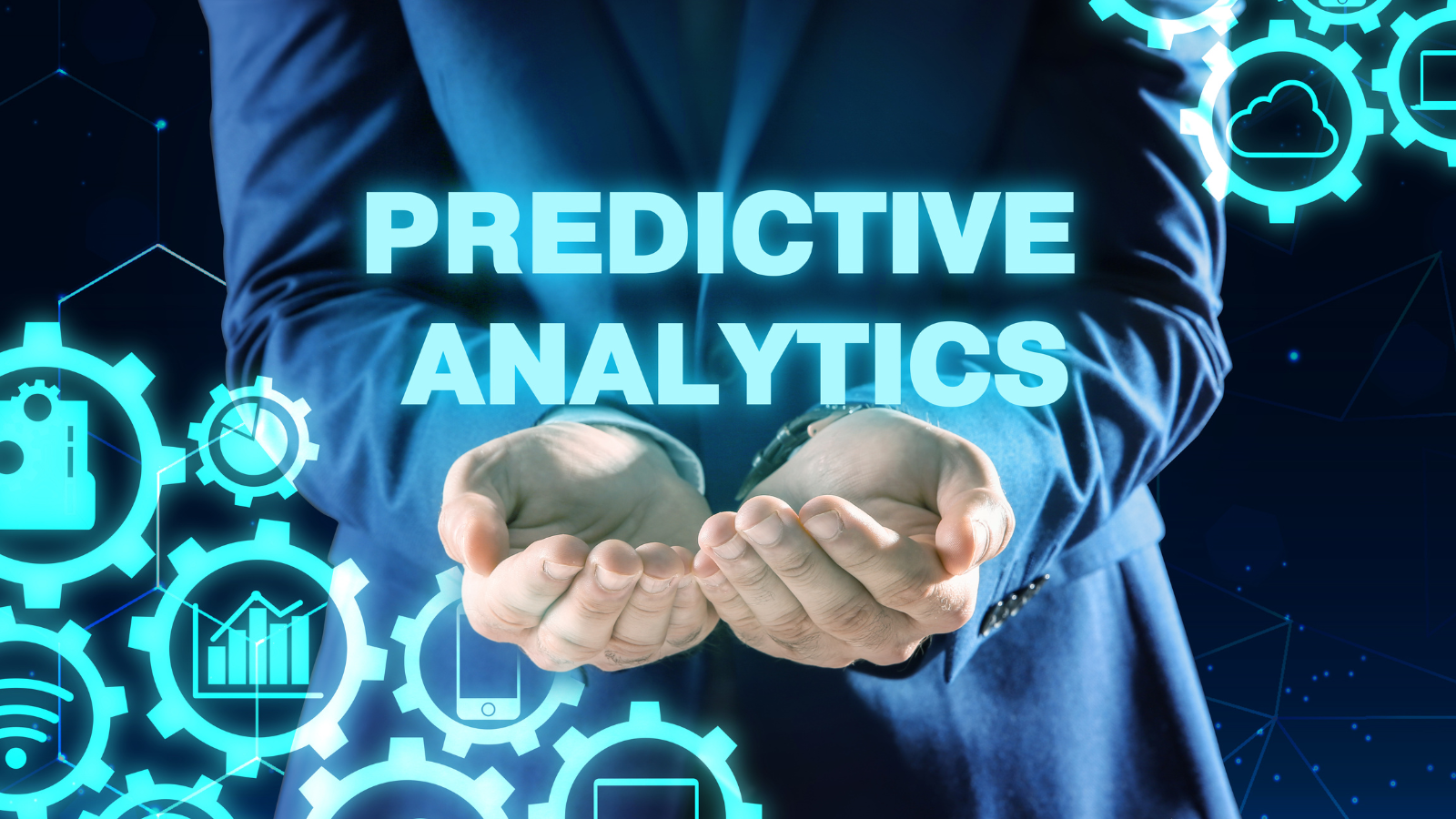In today’s fast-paced and data-driven world, businesses and individuals alike are constantly seeking ways to gain a competitive edge and make informed decisions. One of the emerging technologies that have gained significant attention is predictive analytics, powered by artificial intelligence (AI). The ability to predict future outcomes based on historical data holds great promise, but it also raises concerns and challenges. In this article, we will explore the pros and cons of predictive analytics and discuss its implications for businesses and society as a whole.
2. Understanding Predictive Analytics
Predictive analytics is the practice of extracting information from existing data sets to determine patterns and predict future trends or outcomes. It involves the use of statistical algorithms and machine learning techniques to analyze historical data and make predictions about future events. By analyzing patterns, relationships, and trends in data, predictive analytics can provide valuable insights and enable organizations to make data-driven decisions.
3. The Pros of Predictive Analytics
Improved Decision Making
One of the key benefits of predictive analytics is its ability to enhance decision making. By analyzing historical data, businesses can identify patterns and trends that may not be immediately apparent. This allows them to make more informed decisions, optimize processes, and allocate resources more effectively. For example, a retail company can leverage predictive analytics to forecast customer demand, optimize inventory levels, and improve supply chain efficiency.
Enhanced Customer Experience
Predictive analytics enables businesses to gain a deeper understanding of their customers. By analyzing customer data, such as purchase history, browsing behavior, and demographic information, organizations can personalize their offerings and tailor their marketing campaigns to individual preferences. This personalized approach can lead to improved customer satisfaction and loyalty, ultimately driving revenue growth.
Fraud Detection and Risk Mitigation
In industries such as finance and insurance, predictive analytics plays a crucial role in fraud detection and risk mitigation. By analyzing large volumes of data, AI-powered systems can identify anomalous patterns and detect potential fraud in real-time. This proactive approach helps organizations prevent financial losses and protect their customers from fraudulent activities.
Operational Efficiency
Predictive analytics can also contribute to operational efficiency by optimizing processes and reducing costs. By analyzing historical data, businesses can identify bottlenecks, streamline workflows, and automate repetitive tasks. This not only improves productivity but also frees up resources that can be allocated to more value-added activities.
4. The Cons of Predictive Analytics
Ethical Considerations
The use of predictive analytics raises ethical concerns, particularly in relation to privacy and data security. The extensive collection and analysis of personal data can potentially infringe on individuals’ privacy rights. Organizations must ensure that they have robust data protection measures in place and comply with relevant regulations to safeguard sensitive information.
Bias and Fairness Issues
Predictive analytics heavily relies on historical data, which may contain inherent biases. If the historical data used for training predictive models is biased, the resulting predictions can perpetuate and amplify those biases. This can lead to unfair treatment or discrimination against certain individuals or groups. It is crucial for organizations to carefully monitor and evaluate the fairness of their predictive models and take steps to mitigate bias.
Over-reliance on Data
While predictive analytics can provide valuable insights, there is a risk of overreliance on data-driven decisions. Human judgment and expertise should not be disregarded entirely, as there are limitations to what data alone can reveal. Organizations must strike a balance between data-driven insights and human intuition to make well-rounded decisions.
Limited Predictive Power
Despite the advancements in AI and predictive analytics, there are inherent limitations to accurately predicting complex and uncertain future events. Predictive models are based on historical data and assumptions, and unexpected variables or events may disrupt the accuracy of predictions. It is important for organizations to understand the limitations of predictive analytics and use them as one tool among many in the decision-making process.
Conclusion
Predictive analytics, powered by AI, offers significant advantages for businesses across various industries. It empowers organizations to make data-driven decisions, enhance customer experiences, detect fraud, and improve operational efficiency. However, it also poses challenges related to ethics, bias, overreliance on data, and limited predictive power. To fully harness the potential of predictive analytics, organizations must address these concerns and ensure responsible and transparent use of data. By striking the right balance between data-driven insights and human judgment, businesses can leverage predictive analytics to gain a competitive edge and drive sustainable growth.
In conclusion, the adoption of predictive analytics should be approached with careful consideration of its pros and cons. While it has the potential to revolutionize decision making and drive innovation, it is crucial to navigate the associated challenges responsibly. By understanding the limitations and addressing ethical concerns, businesses can unlock the full potential of AI-driven predictive analytics in an increasingly data-centric world.



